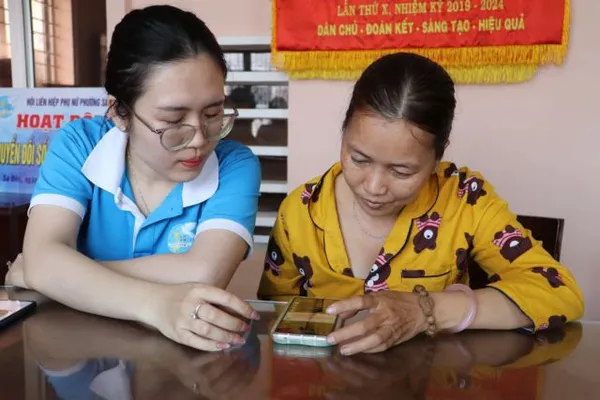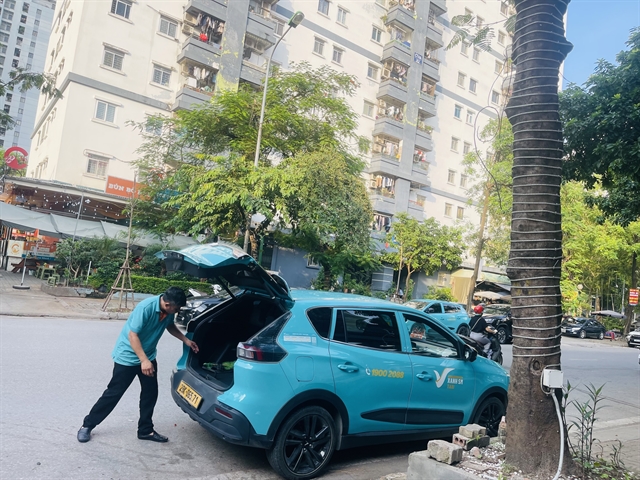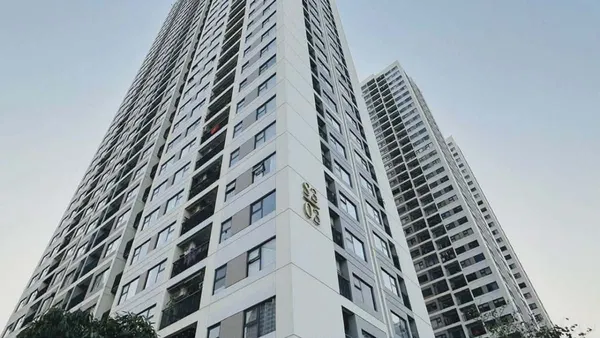 Media-OutReach Newswire
Media-OutReach Newswire

SINGAPORE - Media OutReach - 24June 2019 - In line with ASEAN's 2019 theme of "Advancing Partnership forSustainability", the EU-ASEAN Business Council (EU-ABC) and ASEAN BusinessAdvisory Council (ASEAN BAC) today launched a joint report " Non-Tariff Barriers (NTBs) in ASEAN and theirelimination from a business perspective" which examines the prevalence of NTBs to trade inthree key industrial sectors in ASEAN -- Automotive, Agri-Food, andHealthcare. The aim of the report is tohighlight the need for faster action in removing NTBs in the region to helpASEAN achieve its objectives as set out in the two ASEAN Economic CommunityBlueprints, and the subsequent targets of reducing the cost of trade transactionby 10% by 2020 and doubling intra-ASEAN trade by 2025 as agreed by the ASEANLeaders in 2017.

|
The report sets out a number ofrecommendations to ASEAN, aimed at helping the region accelerate the removal ofNTBs.
The Counsellor of the EU Delegation in Thailand,Mrs Isabelle De Stobbeleir, opened the event by stating that: "TheEuropean Union is a strong supporter of the ASEAN economic integration and thefacilitation of regional trade. Through the Enhanced Regional EU-ASEAN DialogueInstrument (E-READI), the EU strives to facilitate EU-ASEAN policy dialoguesacross all three ASEAN pillars. Thanks to the active engagement of the ASEANBusiness Advisory Council and the EU-ASEAN Business Council, businesscommunities from the EU and ASEAN are involved in a constructive exchange. Together,we join forces to promote the economic integration of ASEAN, strengthenbusiness cooperation and bring forth the perspectives of the private sector."
Commenting on the report, Mr Donald Kanak,Chairman of the EU-ABC, said: "ASEAN has made excellent progress on removingtariffs for intra-ASEAN trade, but Non-Tariff Measures (NTMs) have increasedmarkedly despite the commitments made under the ASEAN Economic Community (AEC)to reduce them. This report by the Asian Trade Centre highlights the extent ofthe problem in three sectors within ASEAN. Reducing NTMs and removing NTBs will foster intra-ASEAN trade, increaseinnovation, and lead to lower costs for businesses and for consumers. It shouldalso create intra-ASEAN trading opportunities for MSMEs."
Speaking atthe launch event in Bangkok, Chairman of ASEAN BAC, Mr Arin Jira, said: "As wecross over the 10th year anniversary of the ASEAN Trade in Goods Agreement (ATIGA),we are very pleased to launch this joint research undertaking by ASEAN BAC andEU-ABC which only affirms the private business sector's commitment to helpaddress NTBs. While it's only the start of a long tedious process, we'rehopeful that with ASEAN's support and cooperation, we now have a clear startingpoint in prioritising which NTBs to address based on the results of theresearch as initiated on three sectors: Agri-food, Healthcare and Automotive.We are now moving from talk mode to action mode."
Executive Director of theEU-ASEAN Business Council, Chris Humphrey, added: "ASEAN is at risk of failingto fulfil its potential, unless faster and more proactive action is taken onits own economic integration programme. 2019 marks ten years since ATIGA wassigned but yet some elements of that Agreement have still not been implemented.ASEAN is still a long way from being the single market and production base thatthe AEC envisaged. Unfortunately, this means that intra-ASEAN trade remainslow, and extremely unlikely to hit the goal of doubling intra-ASEAN trade by 2025set when the Philippines was in the Chair of ASEAN in 2017. Taking faster and clearer action on theremoval of NTBs is vital to both hitting those targets, and to enhancingbusiness confidence in the AEC process."
The report concludes that "absent a much clearer, moresustained and tighter focus on reducing the number and scope of existing NTMsand eliminating NTBs, ASEAN will not accomplish the objectives of the AEC andit will fail to meet the targets contained in the AEC Blueprint 2025. Growthwill not be as high as ASEAN Member States could have achieved and much of thepromise embedded in the ASEAN exercise will have been lost."
The report was prepared by the Asian Trade Centre,commissioned by the EU-ASEAN Business Council and by the ASEAN Business AdvisoryCouncil, and funded by the EU's Enhanced Regional EU-ASEAN Dialogue Instrument( E-READI ).




